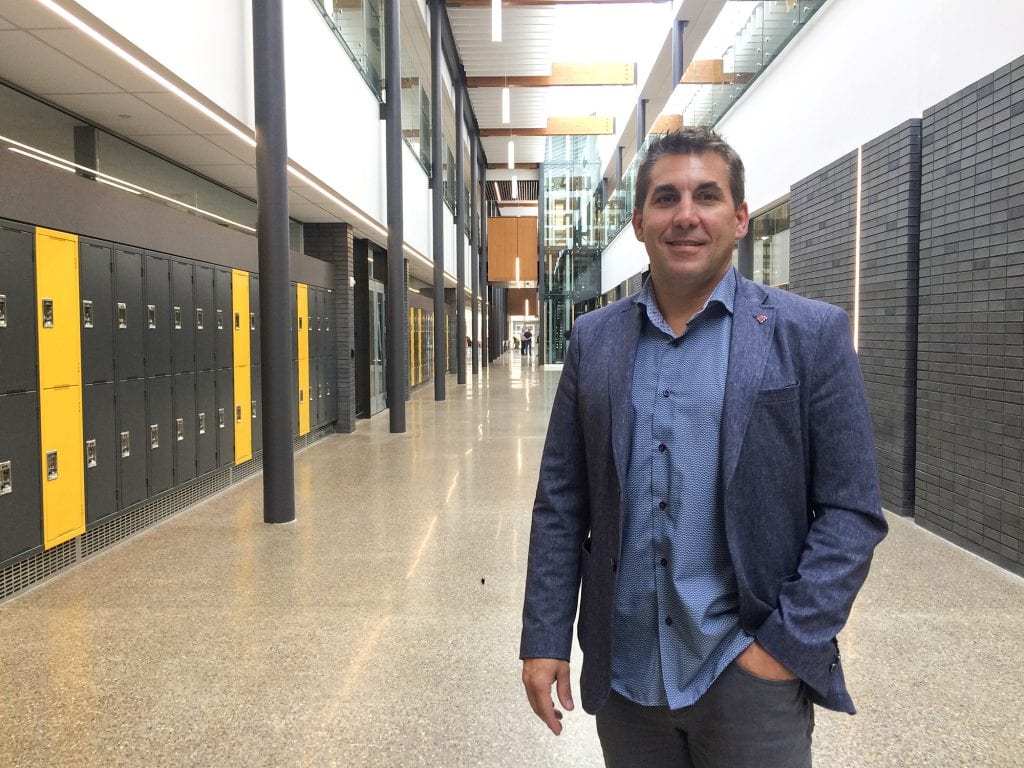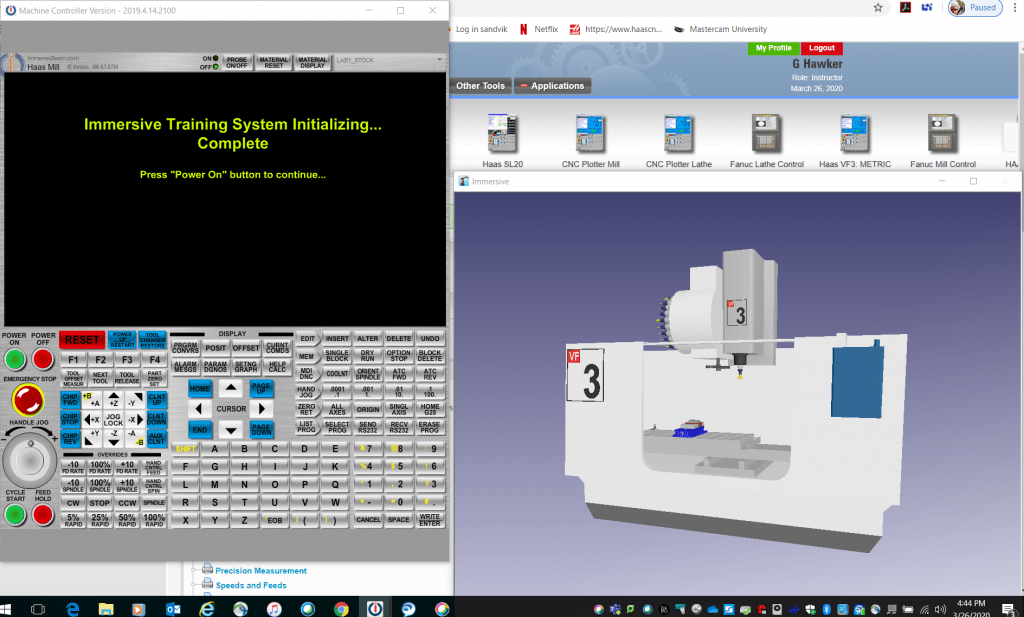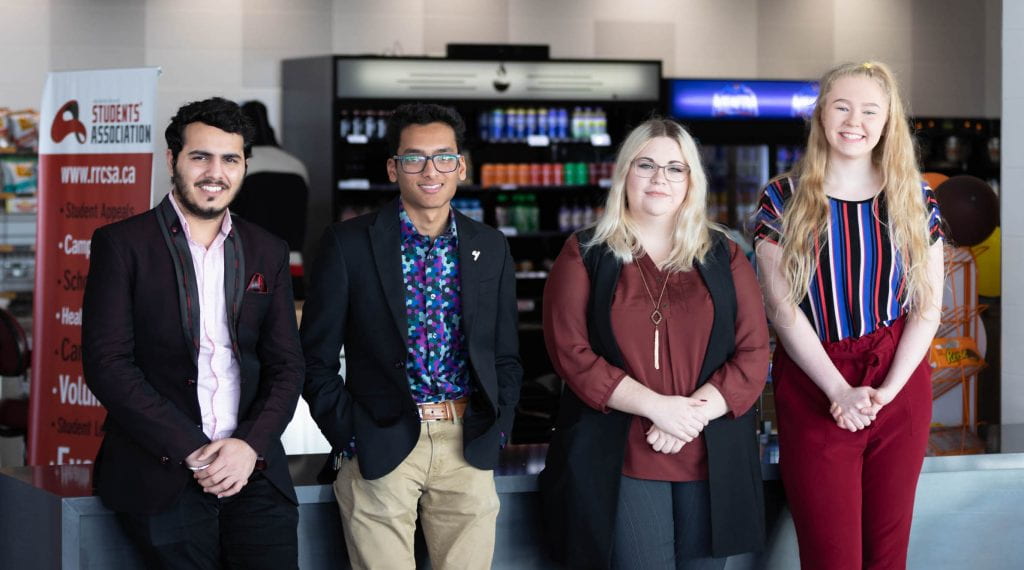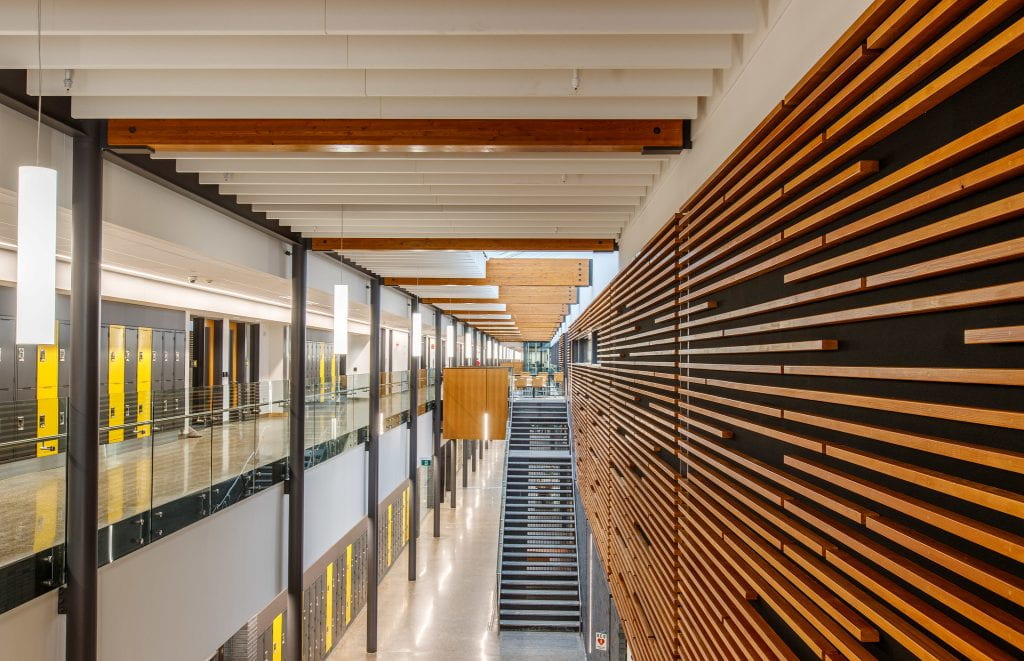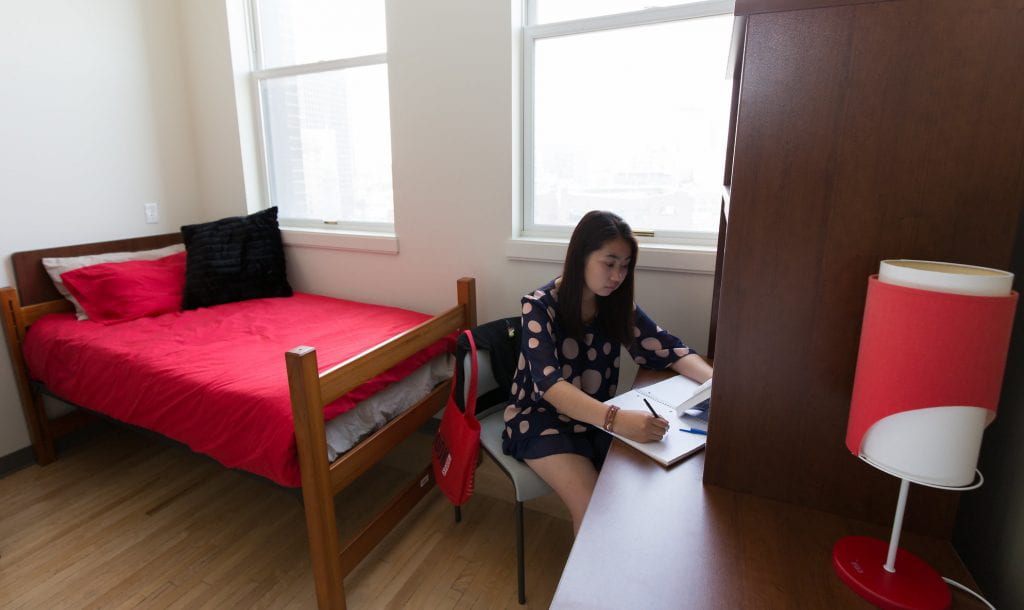College moves apprenticeship trades training online with provincial support
Red River College and the province of Manitoba are leading the way in online apprenticeship trades training during the Covid-19 pandemic.
When the College was faced with a mandated campus closure in mid-March, students were given a study week while instructors and staff worked to decide on the best ways to administer the remainder of their program and course materials.
“People were confused, anxious and a little bit reluctant in a way, but it quickly shifted — moving to a can-do attitude, where they realized the seriousness of this crisis and the economy,” says Derek Kochenash (shown above), Dean of Skilled Trades and Technologies at RRC.
“It’s incredibly inspiring to see people have their world disrupted to this extent, and then come together to teach each other new technologies, and to provide advice and support.”
Over the last eight years, RRC has implemented a number of Apprenticeship Manitoba-funded projects aimed at moving its trades training and resources online, in an effort to create accessible options for students while ensuring consistency in delivery.
Through these projects, RRC’s Carpentry department uploaded all its materials and resources to LEARN. The College was in the process of doing the same for Plumbing and Electrical when the pandemic hit Manitoba last month.
Thanks to the early start, staff and instructors were able to train each other on LEARN software, help colleagues move their course content online, and provide assistance with video conferencing for virtual classroom setups. One week after the study break, all programs and courses were able to resume.
“We’re really one of only a couple of provinces that is pushing through and trying to make this work,” says Dave McCutcheon, executive director of Apprenticeship Manitoba. “The advantage in having online resources in this situation is that it’s allowing students to progress, and to do what is being asked of them — to stay home, stay out of the public, and even to stay at home when their kids may be off school.”
McCutcheon says the overall intent for these projects isn’t to move trades training to an online-only environment, but to allow apprenticeship students access to additional review materials, and to ensure they’re eventually all learning from the same materials at each level. Read More →

